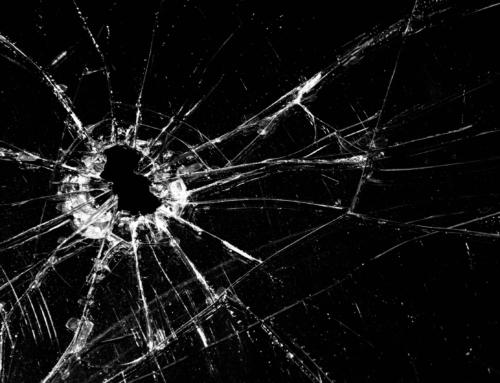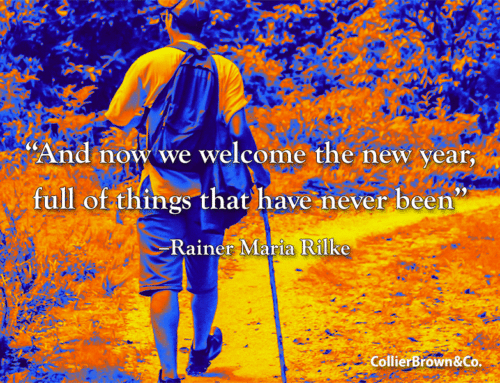The best leaders have withstood direct contact with life’s realities.
The Sorbonne, Paris, April 23,1910 – Before a large and impressive crowd, Theodore Roosevelt gave what would become one of his most widely quoted speeches. Roosevelt biographer, Edmund Morris, said the crowd included “ministers in court dress, army and navy officers in full uniform, nine hundred students, and an audience of two thousand ticket holders.”
Roosevelt’s “Citizenship in a Republic,” included the responsibilities of citizenship and his vigorous protest against cynics who thought themselves better than those who worked hard to improve the world. “The poorest way to face life is to face it with a sneer,” he said. “A cynical habit of thought and speech, a readiness to criticize work which the critic himself never tries to perform, an intellectual aloofness which will not accept contact with life’s realities—all these are marks, not … of superiority but of weakness.”
Then he delivered “that passage”, part of which we know well, that drew great applause and has found its way into political, business, and sports commentary. It’s also part of everyday culture – even in a Cadillac commercial.
That passage?
“It is not the critic who counts; not the man who points out how the strong man stumbles, or where the doer of deeds could have done them better. The credit belongs to the man who is actually in the arena, whose face is marred by dust and sweat and blood; who strives valiantly; who errs, and comes short again and again, because there is no effort without error and shortcoming; but who does actually strive to do the deeds; who knows the great enthusiasms, the great devotions; who spends himself in a worthy cause; who at the best knows in the end the triumph of high achievement, and who at the worst, if he fails, at least fails while daring greatly, so that his place shall never be with those cold and timid souls who know neither victory nor defeat.
Shame on the man of cultivated taste who permits refinement to develop into a fastidiousness that unfits him for doing the rough work of a workaday world. Among the free peoples who govern themselves there is but a small field of usefulness open for the men of cloistered life who shrink from contact with their fellows. Still less room is there for those who deride or slight what is done by those who actually bear the brunt of the day; nor yet for those others who always profess that they would like to take action, if only the conditions of life were not what they actually are. The man who does nothing cuts the same sordid figure in the pages of history, whether he be cynic, or fop, or voluptuary. There is little use for the being whose tepid soul knows nothing of the great and generous emotion, of the high pride, the stern belief, the lofty enthusiasm, of the men who quell the storm and ride the thunder. Well for these men if they succeed; well also, though not so well, if they fail, given only that they have nobly ventured, and have put forth all their heart and strength. It is war-worn Hotspur, spent with hard fighting, he of the many errors and the valiant end, over whose memory we love to linger, not over the memory of the young lord who “but for the vile guns would have been a soldier.”
“That passage” is good to linger over, to reflect upon. For many it is an anthem for daring greatly. Yet for others it is a challenge of who they are: those who will spend themselves on a worthy cause.
Large or small, grandiose or modest, professional or personal, a worthy cause is that which makes a thing of excellent qualities or virtue begin to be.
Remember, the best leaders have withstood direct contact with life’s realities. Have you been in the arena to “do the rough work of a workaday world”? Have you tasted victory – and defeat – in pursuit of a worthy cause? How do you now give due to the doers of deeds? What noble venture has captured your mind and heart (personal or professional, private or public)? Never mind that anyone would notice. You will know.
Make sense. Make progress. Make a difference.
In Other Words
“Courage consists not in hazarding without fear; but being resolutely minded in a just cause.” ― Plutarch
“Worthiness doesn’t have prerequisites.” ― Brené Brown, The Gifts of Imperfection
“A person’s worth is measured by the worth of what he values.” ― Marcus Aurelius, Meditations
In The Word
“And let us consider how to stir up one another to love and good works, not neglecting to meet together, as is the habit of some, but encouraging one another, and all the more as you see the Day drawing near.” – Hebrews 10:24-25






